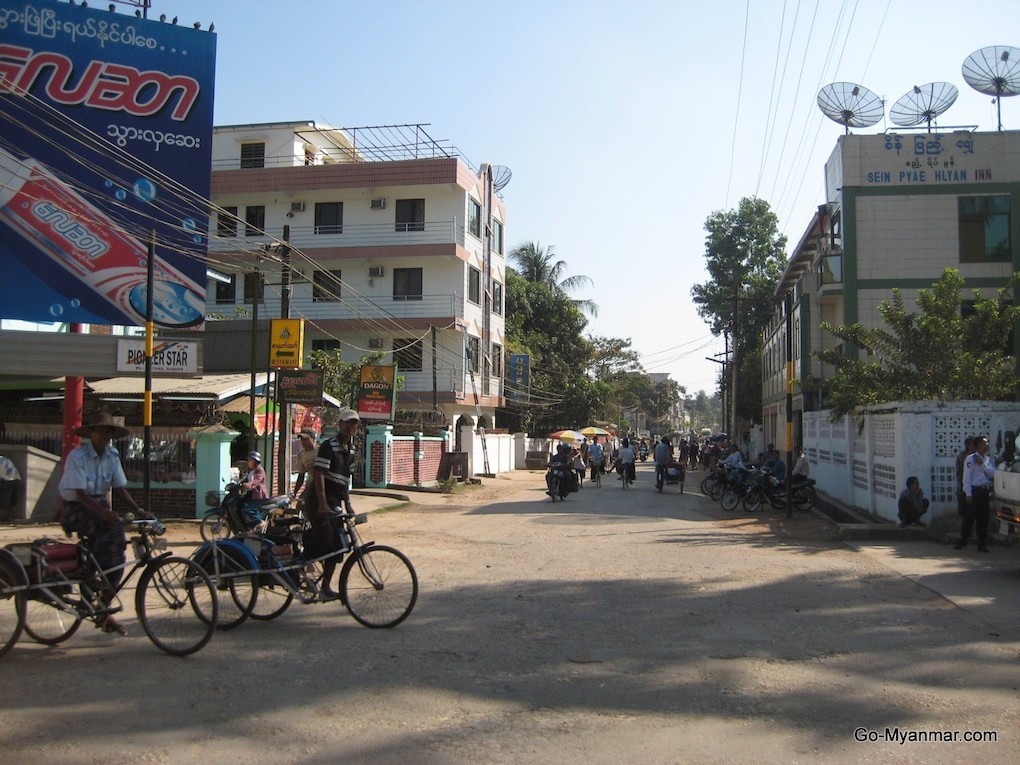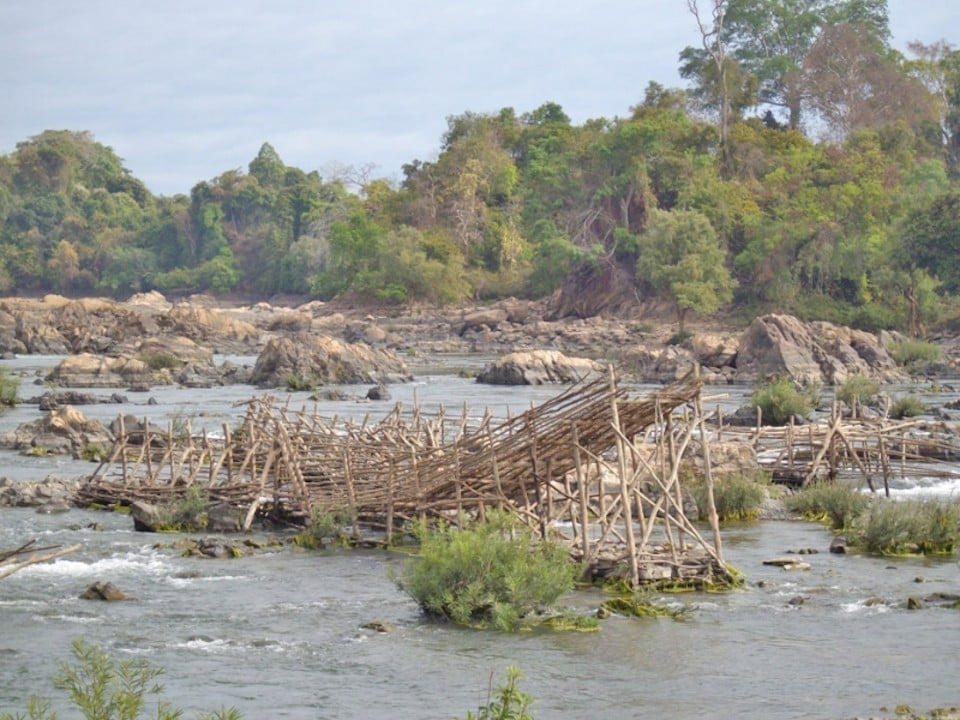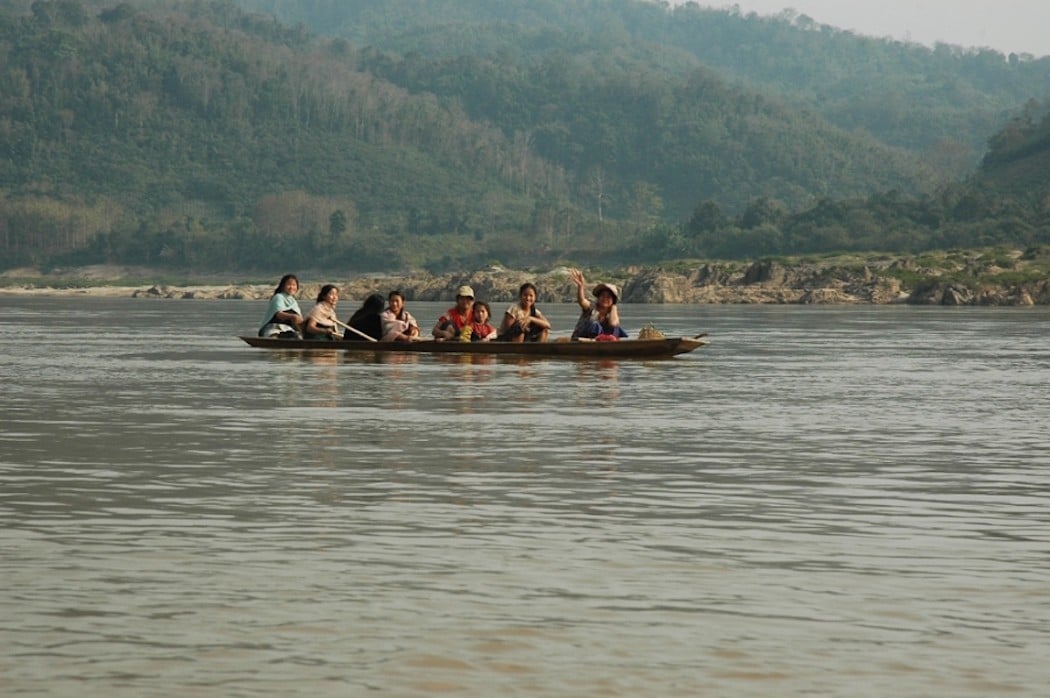The price of property in Dawei has risen beyond the reach of local residents as investors from overseas and Upper Myanmar buy up land in anticipation of a new special economic zone.
While the zone has been eight years in the making, there are still few signs of development on the ground. However, recent announcements that construction is moving ahead, combined with escalating conflict in the north of the country, has led to a rise in real estate investment in the area, local residents said.
Buying property in Tanintharyi Region is an “adventure for investors” they added, as township authorities have no specific land-use policies and land ownership documents are scarce. It is therefore hard to discover who owns the land, as sellers often do not transfer ownership in written form.
Land ownership is uncertain at the best of times, residents said, as the government may seize it at any point for use in an infrastructure or development project. In this instance, there is no certainty that landowners will be paid or offered new land, as under the 2008 constitution, the state is the ultimate owner of all the land.
Nevertheless, investors have flocked to the area, attracted by the prospect of the special economic zone being built in Dawei. If successful, the zone will transform the area from a remote and underdeveloped part of the country to a focal point for foreign investment with direct infrastructure links to Thailand.
The zone, which is being built by a consortium of private developers including Italian-Thai Development (ITD) Public, got off to a slow start. Real estate prices have fluctuated depending on the project’s perceived status, said U Swan Shein, chair of the Myanmar Real Estate Services Association (MRESA) in Tanintharyi Region.
Last August, ITD signed with the government to develop a small port, power plants, a two-land road to Thailand, a liquid natural gas terminal, a township and an industrial estate focusing on labour-intensive industries.
Local real estate price changes are not driven by local demand, said U Swan Shein, adding that buyers are mostly from Upper Myanmar. In particular, Kachin and Shan investors migrating from civil wars have been looking for business opportunities in border areas such as Dawei where business is going well, he said.
“Foreign investors also have a huge interest in the region, with an eye on the SEZ project, but to some extent they are watching others to see how much land is guaranteed for investment, and whether the regional government has authority to approve investments, or if the land is under central government control,” he said.
Currently the regional government can make recommendations but does not have the right to make decisions on foreign investment. This may change as the Myanmar Investment Commission is set to grant decision-making power to state and regional governments.
There were few sales in 2014, but in 2015, most real estate transactions were worth more than K50 million (US$40,650), said U Swan Shein. In the coming year, demand will depend on how the new government tackles land-use policy, he said.
“The price of houses is not set by the square foot and depends on location. Prices can reach up to K1 billion, but investors are mostly big tycoons from other states and regions. The local community has not spent more than K200 million on land.”
Rentals are rare and prices are high, particularly in the city centre, starting from K500,000 a month and reaching up to K20 million for a two-storey apartment, said U Soe Thein, secretary general of the MRESA.
“We need to find investors willing to build low- and mid-cost housing projects in collaboration with land owners to develop an attractive rental market with reasonable prices for the community,” he said.
Dawei does not have a problem with homelessness, but some families have to share apartments to cover the rising cost of accommodation.
There has been some town planning since the SEZ project was first conceived, particularly for the project area, but more planning is needed to attract investors to develop the town, he said. For now, the community must fund roads and infrastructure, U Soe Thein said.
Furthermore, local residents said if the government or private sector takes land by force for development projects, the projects should be built quickly to create job opportunities for the local community.
If the land is left idle or transferred to other companies, it can fuel price speculation, they said, adding that many investors buy up land and leave it vacant, which does not support development.





